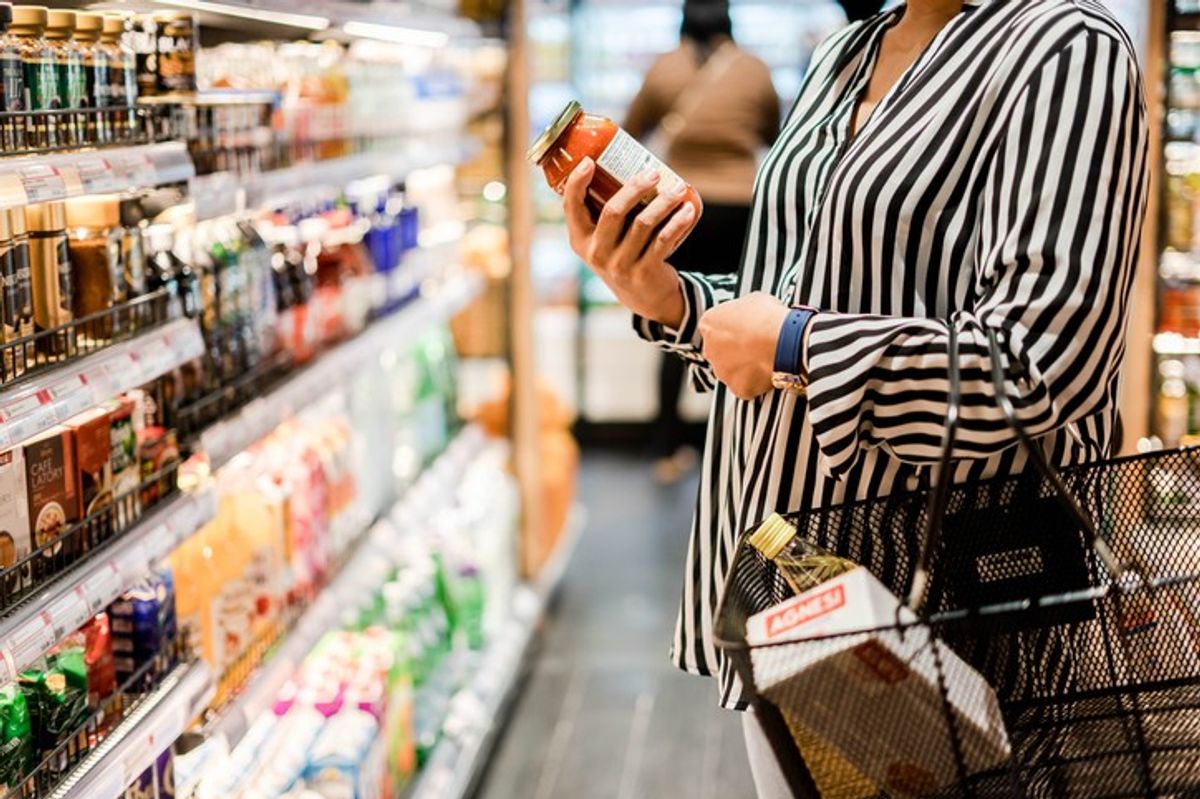Food price inflation remained stable last month though experts are warning that with a series of price pressures on the horizon, shop price deflation is likely to become a thing of the past.
According to figures released by British Retail Consortium (BRC) on Thursday (9), shop price deflation was 1.0 per cent in December, down from deflation of 0.6 per cent in the previous month. This is below the three-month average rate of -0.8 per cent. Shop price annual growth remained at its lowest rate since August 2021.
Non-Food remained in deflation at -2.4 per cent in December.
Food inflation was unchanged at 1.8 per cent in December. This is in line with the three-month average rate of 1.8 per cent. The annual rate has eased considerably since the start of the year and inflation remained at its lowest rate since December 2021.
Fresh Food inflation was unchanged in December, at 1.2 per cent. This is slightly above the three-month average rate of 1.1 per cent. Inflation was its lowest since November 2021.
Ambient Food inflation edged up to 2.8 per cent in December, from 2.7 per cent in November. This is in line with the three-month average rate of 2.8 per cent and remained at its lowest since February 2022.
Commenting on the figures, Helen Dickinson, Chief Executive of the BRC, said, “Retailers discounted heavily for Black Friday this year as they attempted to make up for weaker sales earlier in the year.
"However, the later Black Friday timing brought many of the non-food discounts into the measurement period, making non-food prices look more deflationary than the underlying trend. With food inflation bottoming out at 1.8 per cent, and many price pressures on the horizon, shop price deflation is likely to become a thing of the past.
“As retailers battle the £7 billion of increased costs in 2025 from the Budget, including higher employer NI, National Living Wage, and new packaging levies, there is little hope of prices going anywhere but up.
"Modelling by the BRC and retail CFOs suggest food prices will rise by an average of 4.2 per cent in the latter half of the year, while Non-food will return firmly to inflation.
"Government can still take steps to mitigate these price pressures, and it must ensure that its proposed reforms to business rates do not result in any stores paying more in rates than they do already.”
Mike Watkins, Head of Retailer and Business Insight, NielsenIQ, added, “During December, shoppers benefited from both lower inflation than last year and bigger discounts as both food and non-food retailers were keen to drive sales after a slow start to the quarter.
"However, higher household costs are unlikely to dissipate anytime soon so retailers will need to carefully manage any inflationary pressure in the months ahead.”


